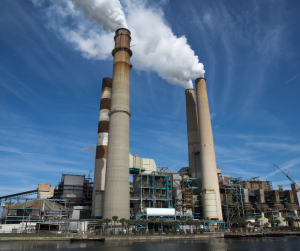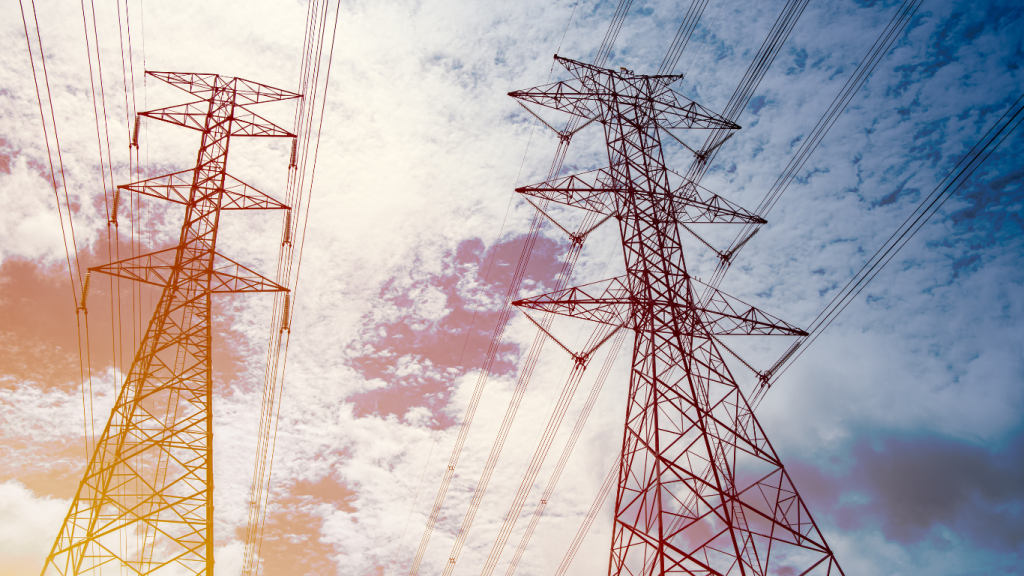Five years ago, gas power plants were considered consistently dependable and ready to provide power whenever we needed it. But then the 2021 winter storm in Texas, followed by the 2022 winter storm across the Midwest, upended those assumptions. Now, grid operators and federal regulators are grappling with how to reflect the changed expectations.
Wisconsin’s electric grid gets its energy from a variety of sources: coal, gas, wind, solar, nuclear, and hydropower. Wisconsin’s grid operator, the Midcontinent Independent System Operator (MISO), assigns a value to each of those sources based on its predicted reliability. For Wisconsin and other states that are part of MISO, those valuations are about to change.
Last month, MISO filed proposed changes to how they calculate reliability values with the Federal Energy Regulatory Commission, or FERC, which must approve policy changes. While this filing is a complete methodological change and will impact valuation of all resources, a major takeaway is the value of gas power plants on the grid is expected to decrease, especially in the winter.
Winter grid reliability is becoming more important than ever because the way we heat our homes is changing. After decades of depending on gas furnaces, families and businesses in the Midwest are beginning to turn to more efficient appliances like heat pumps and geothermal, which use electricity. The Biden Administration’s Inflation Reduction Act tax incentives, and upcoming federal rebates for these appliances, will help accelerate that transition. While using electricity for heating ultimately allows us to use cleaner sources of energy like wind and solar, it does put more strain on the grid in winter.

Methane gas power plants have long been hailed as bulwarks of reliable electricity grids. But we’ve seen gas plants fail during cold temperatures due to freezing plant equipment and pipelines, or not having access to the fuel they need to run. These failures during winter storms are why grid operator’s new method to value resources will reduce the value of gas plants in the winter by more than 15%. It’s a recognition that gas plants are not infallible, and that utilities should not be overly reliant on them.
Right now, utilities across the United States, including WE Energies here in Wisconsin, are moving to quickly build as many gas power plants as possible – in the name of AI and data center load growth as well as reliability. While MISO’s proposed method to value sources of electricity has not been approved, the writing is on the wall. Grid operators and federal regulators are now acknowledging that gas power plants are not always available to supply electricity when we need it in the winter. Using customer money to invest billions in new gas plants is a windfall for utilities like We Energies, whose shareholders can make a 12.5% rate of return profit on construction costs. But claims that it will lead to a more reliable electric grid just aren’t true.

